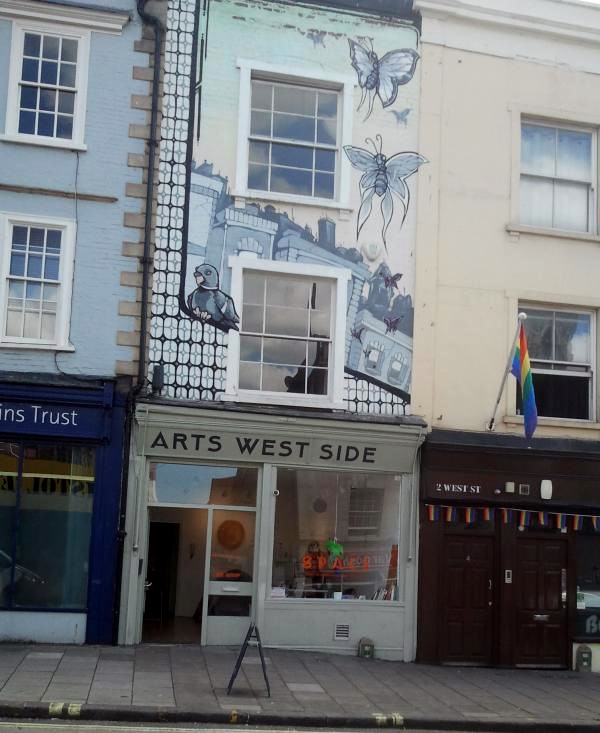The British government is to ban all Latin abbreviations on all its websites, allegedly to save confusion amongst users of accessibility software and non-English speakers.
Writing in a post on the gov.uk blog, Persis Howe writes that he and his colleagues have several programs that read webpages for those with visual impairment read ‘eg’ incorrectly and that while ‘e.g.’ gets read correctly by screen readers, there are better, clearer ways of introducing examples for all users.
Howe goes on to say that:
We promote the use of plain English on GOV.UK. We advocate simple, clear language. Terms like eg, ie and etc, while common, make reading difficult for some.
Anyone who didn’t grow up speaking English may not be familiar with them. Even those with high literacy levels can be thrown if they are reading under stress or are in a hurry – like a lot of people are on the web.
Those in charge of the gov.uk website are therefore changing the site’s style guide and phasing out their usage, which will take some time as some 4,000 instances alone of eg have been found.
Abbreviations such as eg and ie should be written properly with full-stops as e.g. and i.e. and the fact they are being allowed on government websites is a sign of the fall in standards of both writing and teaching English since I finished my formal education some four decades ago. The fact they these erroneously-written abbreviations are getting misinterpreted by software such as screen readers is a symptom, not the disease.
While confusion amongst non-English speakers may be a valid reason to curtail the use of e.g. and i.e., meaning respectively exempli gratia (for the sake of an example) and id est (that is), etc. does not deserve to be lumped in with them as its use has spread around the world far from its origins in ancient Rome.
One field in which the use of Latin phraseology abounds is the law and the administration of justice. However, it seems likely that Whitehall’s mandarins will be reluctant take on the horsehair wig and gown brigade on their use of terms from an empire that ceased to exist over 1,600 years ago.
Commenting on the changes, the Daily Telegraph reports that campaigners said the decision was to give up Latin was “short-sighted” because they have been part of common parlance for hundreds of years.
The Telegraph quotes Roger Wemyss Brooks of the Latin Mass Society of England and Wales, who said the following:
Latin is part of our cultural heritage and it’s part of the basis of English. It unites us with other cultures throughout Europe and the world who have a connection with the Romance languages.
It’s a very concise language which is used specifically for its precision and I think it’s short sighted to be giving it up.





